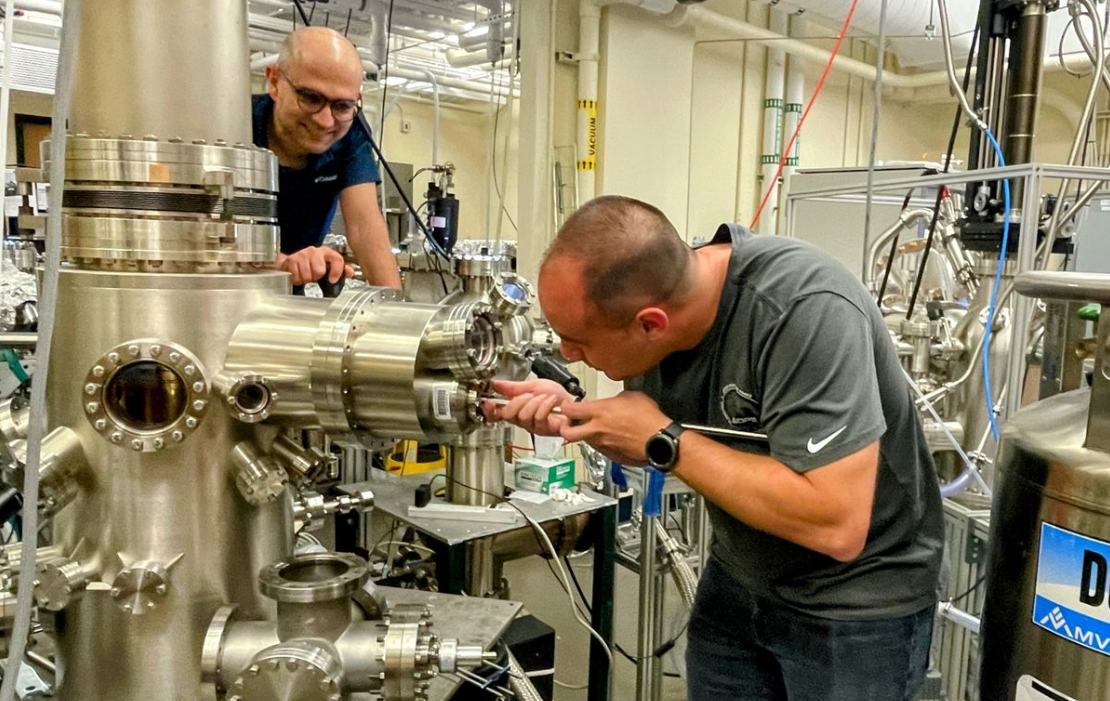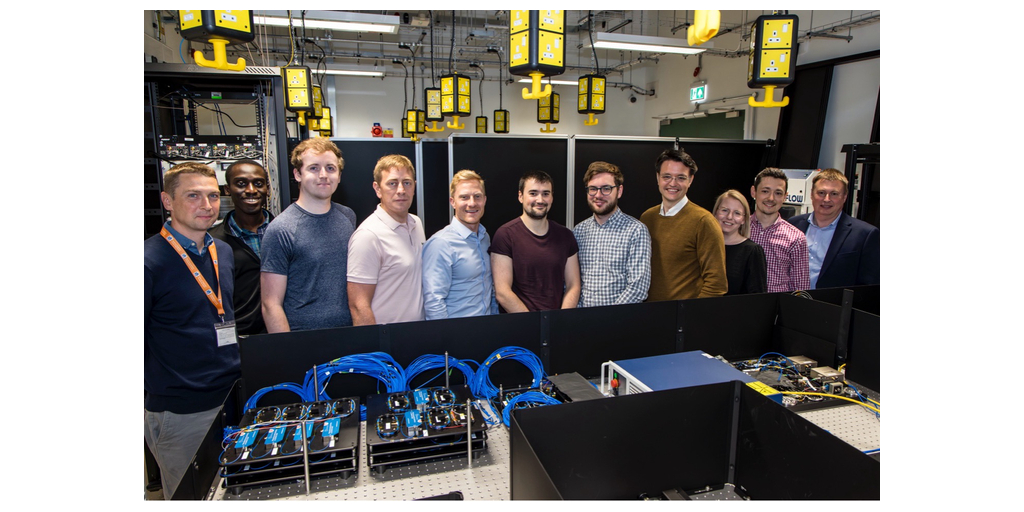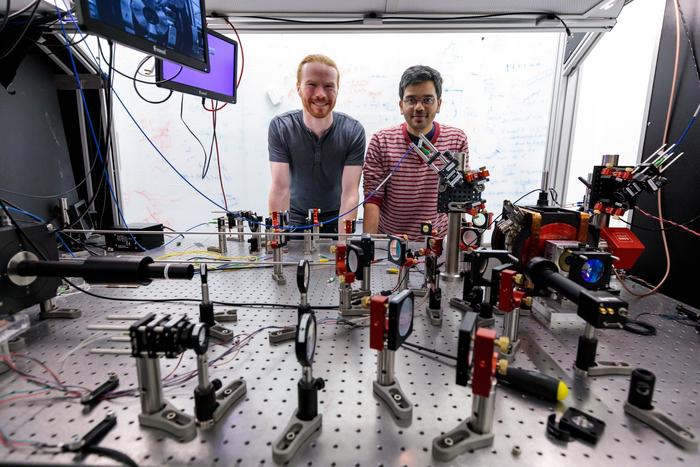Insider Brief
- Lian Li from West Virginia University is working to expedite the discovery of novel quantum materials, suggesting the traditional trial and error method is outdated for today’s quantum advancements. Supported by a $980,000 grant, Li’s four-year project will utilize a data-driven approach, focusing on materials’ unique electron spin properties.
- Collaborating with the University of Wisconsin-Milwaukee, the WVU team will conduct experiments based on theoretical predictions to swiftly identify and create these materials. Li believes this fast-tracked research could have practical applications, including potential advancements in quantum computing and high-speed trains.
- Alongside research, Li’s team is dedicated to educating future scientists, planning to host educational events and sessions to introduce younger students to quantum science concepts and potentially advance the field even further.
A researcher from West Virginia University has indicated that the extensive search for novel quantum materials can now be significantly shortened. Lian Li, the Robert L. Carroll Professor of Physics at the WVU Eberly College of Arts and Sciences, emphasizes that while discovering materials with distinct properties such as superconductors and unique magnets demands innovative techniques and tools, the conventional trial and error approach used by scientists is too prolonged for the rapid advancements of the quantum era.
If at First You Don’t Succeed…
“For over 100 years, the approach has always been to try, and if something doesn’t work, try again,” said Li. “The story goes that when Edison discovered the filaments for his light bulb, he tried 1,600 different materials to make more than 6,000 filaments. Clearly, it’s time-consuming.”
With a $980,000 grant from the National Science Foundation’s initiative, Li is embarking on a four-year mission to hasten the discovery of quantum materials, aiming to leverage their unique electron spin properties, like those in superconductors and magnets. Through a data-driven approach using computational tools, this program seeks to unveil materials with enhanced features at reduced costs. Li’s team utilizes pseudospin and layer-by-layer atomic growth in vacuum chambers to achieve this.
“We aim to harness this new pseudospin to design materials with new properties,” Li said.

The WVU research group, comprising graduate student Joseph Benigno, postdoctoral research associate Pedram Tavazohi, and others, is collaborating with experts from the University of Wisconsin-Milwaukee on the project. Li mentioned that while theorists provide predictions, their team’s role is to conduct targeted experiments based on these forecasts. He emphasized that their iterative MGI approach aims to expedite the discovery of materials by validating theoretical predictions through material creation.
Baking
“It’s not like cooking, where you can mix some things up a little bit. For baking, you have to be very accurate.” said Bendigo, mentioning that altering the “ingredients” and methods in the formula for a new quantum material results in different outcomes, with some being favourable and others not.
“The conductivity will be different, or the structure or the symmetry,” said Li. “We ask, ‘Does it look like the shape I want? Does it have the right color?’ That’s why we call this materials discovery.”
Outside the lab, the expedited timeline of Li’s research could have practical implications in real-world scenarios.
“Ultimately the goal is to build materials that allow us to do things like quantum computing,” he said. “Another one is superconductors, which transfer electricity without resistance. A real-world application for superconductors is high-speed trains. Right now, the speed is around 220 miles per hour,” Li added. “It could reach over 600 miles per hour,” further noting that superconductors currently operate solely at low temperatures; however, with advancements in material technology, achieving a room-temperature superconductor might become possible.
Li’s team is committed to educating budding scientists on advanced materials and techniques. They intend to host events like an MGI day during WVU Research Week and a biannual STARs summit, offering lab tours, presentations, and tutorials focused on the MGI approach to quantum materials. By introducing students, even at the high school level, to these concepts, Li aspires to propel them into quantum science earlier and subsequently advance research in the field.
“Every era in human history is characterized by the kind of materials we use, from stone to silicone,” he said. “And now we’re going into the quantum age, and the speed of discovery is really fast. Hopefully, we’ll be able to do it two or five or 10 times faster.”
Featured image: Quantum materials are created one atomic layer at a time in a series of vacuum chambers, as overseen by WVU graduate student Joseph Benigno (left) and postdoctoral research associate Pedram Tavazohi. (WVU Photo)
For more market insights, check out our latest quantum computing news here.




















